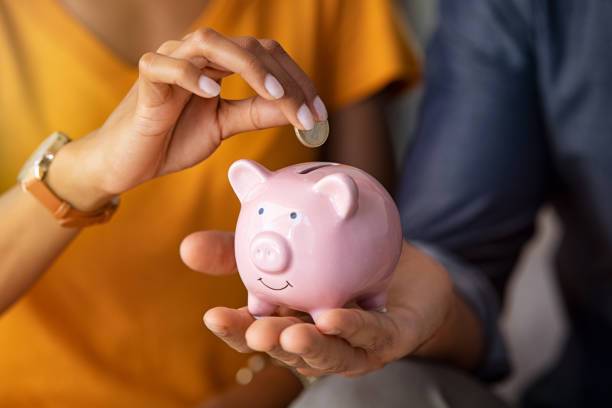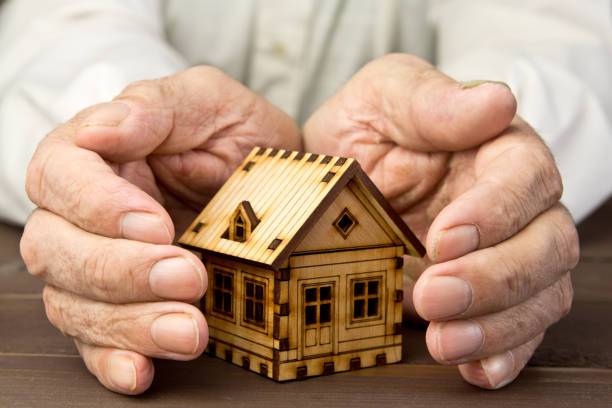Fitch Expects World’s Biggest Real Estate Price Correction in Canada
Fitch Expects World’s Biggest Real Estate Price Correction in Canada A major credit rating agency predicts deteriorating conditions for the Canadian housing market. The most recent client risk assessment from Fitch Ratings for the mortgage bond market has been withdrawn. According to the agency’s report, soaring global real estate prices are likely to correct, with Canada braced for the largest boom and crash in history. The delinquency rate is expected to rise due to rising mortgage rates and worsening economic conditions. However, not to levels observed before 2020. Canada’s real estate market had one of the largest booms and subsequent busts The Canadian housing market had one of the world’s most dramatic price increases. There was a sharp increase of 41% in home prices from 2020 and 2022, when they peaked. Only the United States (+43%) showed a more rapid increase; thus, this increase was still impressive. This rapid increase has led to inflated prices, which the agency believes will eventually correct. The firm predicts a 15% drop in Canadian home values from peak to trough. Australia (-16%) is predicted to take a larger hit, but this is still the agency’s second largest prediction correction. According to the agency’s calculations, Canadian home prices will have been 29% overvalued by the year 2022. They anticipate a rapid reduction in the overvaluation in the next months. This would be as a result of rising salaries, falling home prices, and stable interest rates. Yet, they are not optimistic that the overvaluation will disappear entirely. This is particularly in Toronto and Vancouver. They can still absorb significant damage Delinquencies will increase when mortgage payments increase As a result, some households are feeling some financial strain as a result of rising mortgage payments. The organisation discovered that the typical monthly payment for a borrower with a fixed-rate mortgage had increased by $300. Those with adjustable rate mortgages were hurt harder, with a $700 monthly hike. However, certain indicators suggest that media portrayals of the potential economic effects are exaggerated. Variable rate mortgage borrowers are safer, and many households have seen their savings grow. Just about a third of families have mortgages, and Fitch estimates that seventy percent of them are on fixed rate periods of five years or longer. Only a tiny percentage of the market is vulnerable to an increase in the overnight rate. Moreover, there are ways to cushion the blow, such as extending loan amortisations. Yet when the economy is in a downward spiral, it’s inevitable that defaults will increase. The agency projects that by 2024, the mortgage areas rate will have increased by 64 percentage points. Thus, reaching 0.23 percentage points. This is a substantial increase from recent years, yet it is still below than levels seen before 2020. If sales have been slow for a long time and then suddenly pick up, the increased pace may give the impression of a major shift. Since 2020, the system has been warped by low-cost lending and default-prevention aid. Once that credit is used up and defaults normalise to non-stimulus conditions, it is expected that defaults and sales will revert to their levels prior to 2020. The only variable they didn’t account for in their forecast was price. In the opinion of experts, the drop in home prices hasn’t yet corrected the overvaluation. These forecasts, the agency said, assume the United States will see a moderate economic slowdown. Due to the tight nature of the trade relationship, the severity of a downturn in the United States is a consideration. They warn that Canada‘s strength could be put to the test if the situation in the United States worsens Related posts 28 February 2023 Fitch Expects World’s Biggest Real Estate Price Correction in Canada Fitch Expects World’s Biggest Real Estate Price Correction in Canada A major credit rating agency… 18 February 2023 Despite the slowdown, Canadian mortgage debt continues to rise Despite the slowdown, Canadian mortgage debt continues to rise Despite the housing market recession,… 15 February 2023 StatCan: Nearly Half of Canadians Worry About Shelter Costs StatCan: Nearly Half of Canadians Worry About Shelter Costs Many Canadians worry that they are only a… 30 January 2023 How can homeowners safeguard against title fraud? How can homeowners safeguard against title fraud? There are new reports of title fraud every week, and… 30 January 2023 Bank of Canada will increase rates, and leave room for more: BMO Bank of Canada will increase rates, and leave room for more: BMO One possible reason why we won’t… 28 January 2023 How To File A Warranty Claim And What You Can Anticipate How To File A Warranty Claim And What You Can Anticipate There has been a recent surge in the population… 28 January 2023 Three Improved Ways to Understand Your Warranty Three Improved Ways to Understand Your Warranty Purchasing a home in the pre-construction phase can be…
Fitch Expects World’s Biggest Real Estate Price Correction in Canada Read More »




